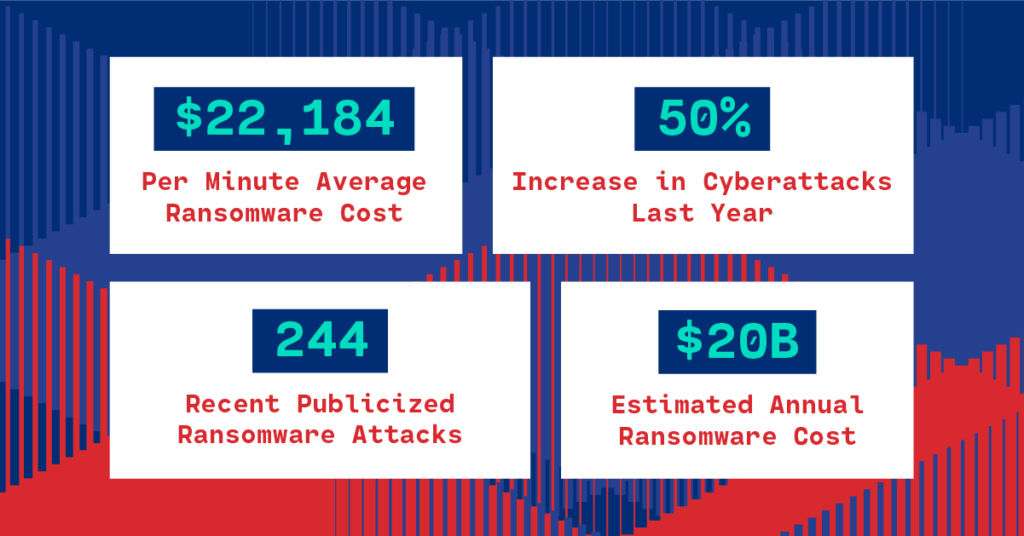Since 2004, cybersecurity professionals have dubbed October National Cybersecurity Awareness Month to educate individuals and organizations about the importance of internet safety.
This year’s theme is “It’s easy to stay safe online,” which reminds users that there are plenty of simple ways to protect your personal information and secure private data when using the internet.
What is cybersecurity, and why is it important?
Cybersecurity is the practice of safeguarding and restoring data from devices, programs, or networks. Cybercriminals can steal all sorts of data, including, but not limited to: health records, personal data, or intellectual property.
In a digital age, we have significantly increased our use of tech and cloud-based services, which means our data is now at greater risk of being hacked now more than ever. Now more than ever, be aware of what information you share with others and how that information is distributed.

What are the most common cybersecurity threats?
Potential risks to cybersecurity come in a wide variety of forms. If you don’t employ the greatest cybersecurity measures, each of these dangers has the potential to result in a data breach.
Lack of attention to cybersecurity can harm your organization in a variety of ways, such as:
- Ransomware: Is a kind of malware that restricts users’ access to their computer systems or personal files and demands ransom money to allow users to access again.
- Malware: Malware is software created explicitly to interfere with, harm, or gain unauthorized access to a computer system.
- Denial of service: A Denial-of-Service (DoS) attack aims to bring down a computer system or network so its intended users cannot access it. DoS attacks do this by providing information that causes crashes or flooding the target with traffic.
- Phishing: Hackers employ this method to send phony emails or messages that seem to be from a reliable source. Cybercriminals can create these messages or emails by impersonating individuals you know, such as friends, coworkers, or other reputable businesses.
How can you defend your business against cybercrime?
You can boost security and lower the danger of cybercrime by implementing the following practices within your organization:
- Educate your staff – Inform your staff members of good cybersecurity practices when creating platforms for work resources, including company emails, computer logins, or data transfers within your organization.
- Secure your devices – Your company’s information and valuable data might be at risk for possible data breaches if your company devices are left unattended, misplaced, or stolen.
- Update your devices regularly – Always check to ensure that your devices have the latest software when prompted to make the updates when the updates indicate bugs or security-specific updates. This will significantly lower the chances of your devices being hacked.
- Build up your resource library – To give your team additional resources, we recommend you check out some of our blogs, including: What is Ransomware? What can you do to protect yourself?, 5 Basic Network Security Tips for Small Businesses, and The Life of a Phish.
- Act swiftly in case of a breach – Suppose you sense that your organization may have been hacked, contact Avasek’s Incident Response team for help with mitigating the damage to your organization, your customers, and your reputation.
- Become cyber resilient – Your data’s security is essential, which means that you need to have the right security systems in place to defend your organization against future attacks before they happen. Contact us today to learn more about how Avasek can help make your organization cyber resilient.
